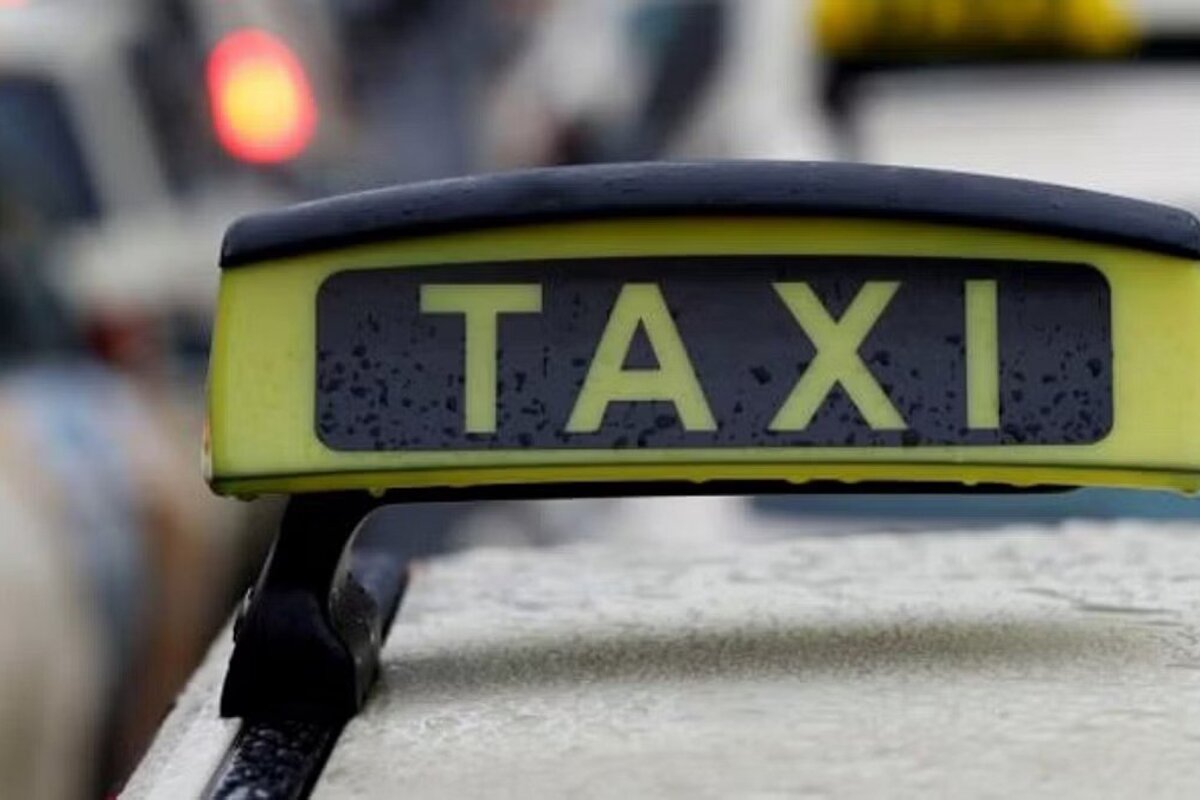Nikhamoni Bora becomes Assam’s first certified female sailor
Hailing from Golaghat, which Borgohain also calls home, Bora’s entry into water sports marks a significant stride in a field still emerging in India.
The dispute centers on the All Khasi Meghalaya Tourist Taxi Association (AKMTTA), which has been advocating to restrict Assam-registered tourist taxis from accessing popular destinations like Cherrapunjee and Dawki in Meghalaya.

Representational Image
A growing conflict between transport operators in Assam and Meghalaya’s taxi associations threatens to disrupt tourism in the region.
The dispute centers on the All Khasi Meghalaya Tourist Taxi Association (AKMTTA), which has been advocating to restrict Assam-registered tourist taxis from accessing popular destinations like Cherrapunjee and Dawki in Meghalaya.
This restriction is being pushed as a protective measure for local taxi operators, who argue that outside vehicles, particularly from Assam, are cutting into their livelihoods.
Advertisement
The AKMTTA’s recent rallies and protests, including a black flag protest and an upcoming demonstration, emphasize their demand for exclusive rights to transport tourists within Meghalaya.
This tension escalated when NGOs like the Hynniewtrep National Youth Federation (HNYF) began blocking Assam-registered tourist vehicles from proceeding beyond key checkpoints, despite police presence.
On the other hand, Assam’s transport operators, represented by the Motor Parivan Sewakarmi Sanmilita Manch, have warned that if these restrictions persist, they will retaliate by limiting or halting all tourist operations to Meghalaya.
They argue that such restrictions harm not only the tourism sector but also businesses like hotels and restaurants that rely heavily on cross-state tourism. This standoff has the potential to severely affect tourism revenues in both states, highlighting the need for a cooperative approach.
The conflict mirrors policies in states like Sikkim, where non-local vehicles are restricted from entering certain tourist areas, adding further complexity to the situation.
Both sides are urging their respective governments to find a resolution that supports local businesses while maintaining healthy cross-border tourism.
Advertisement